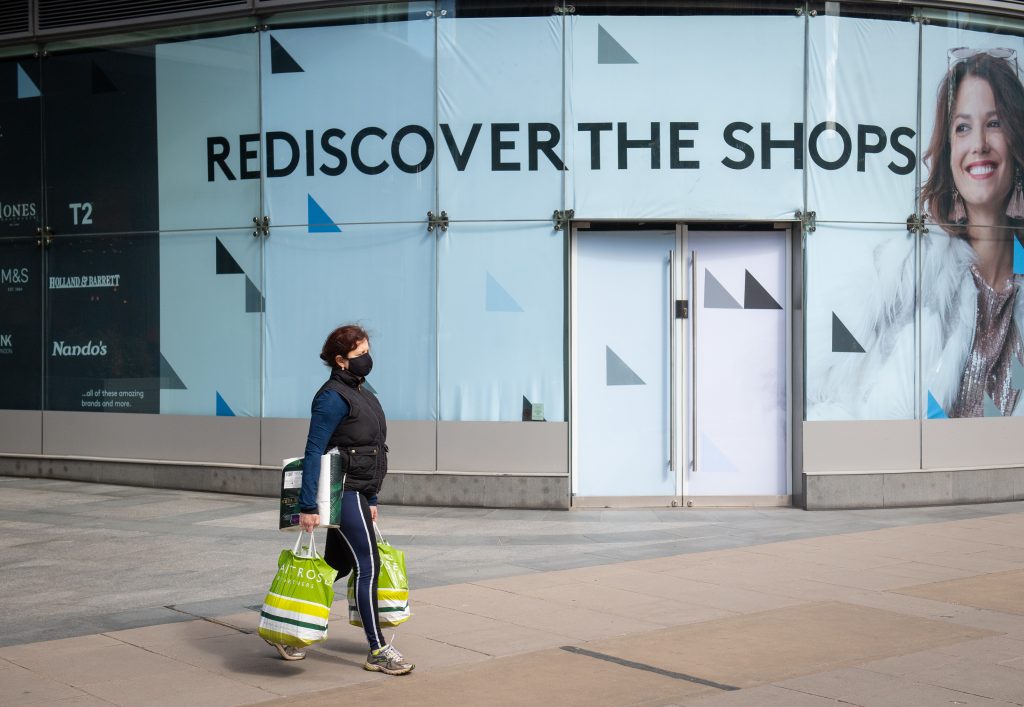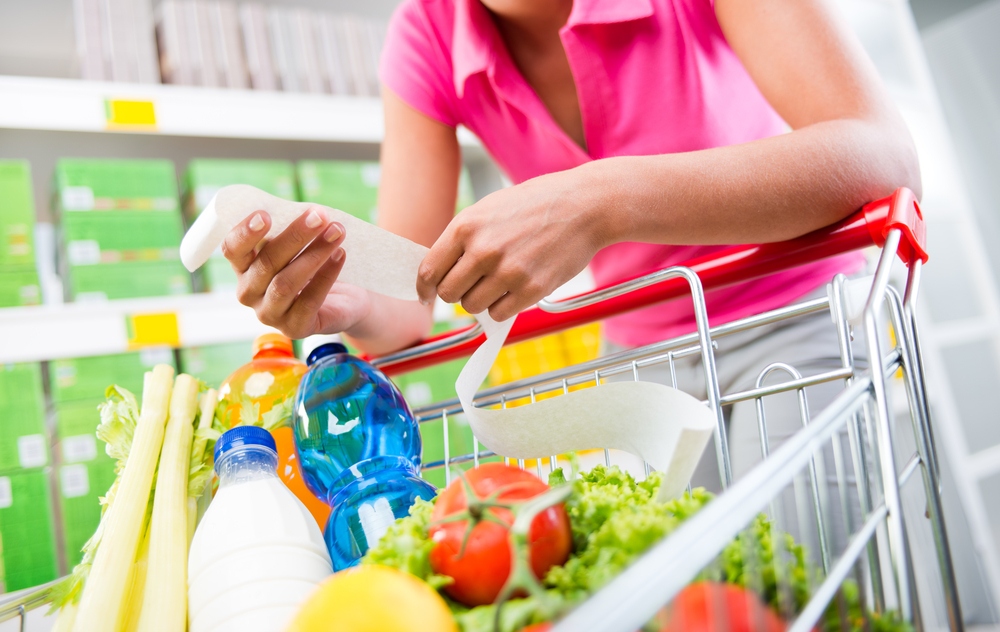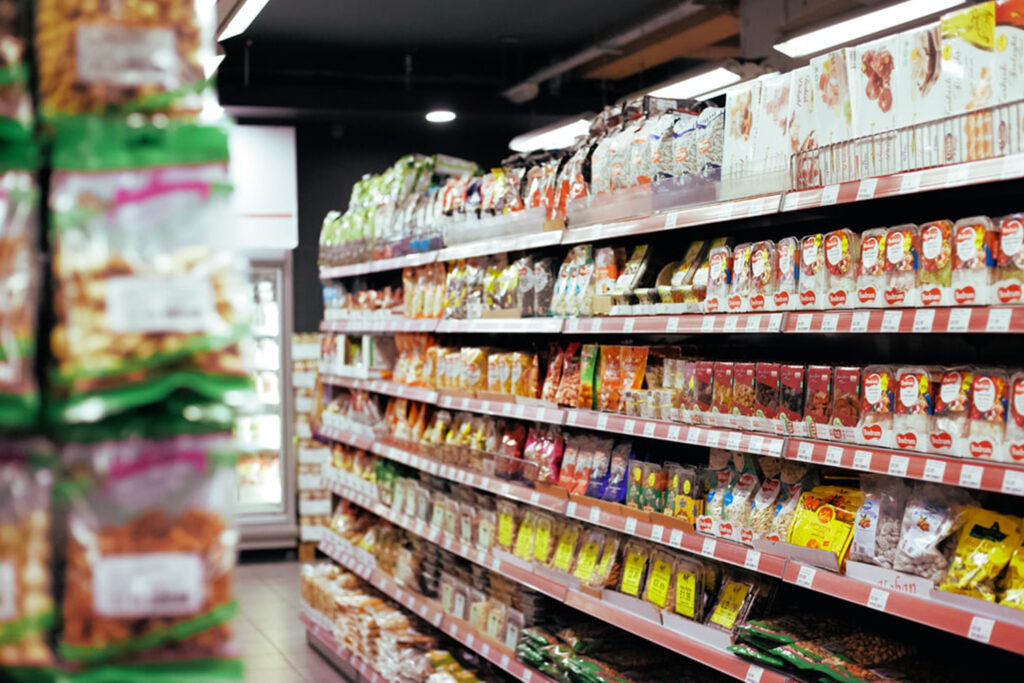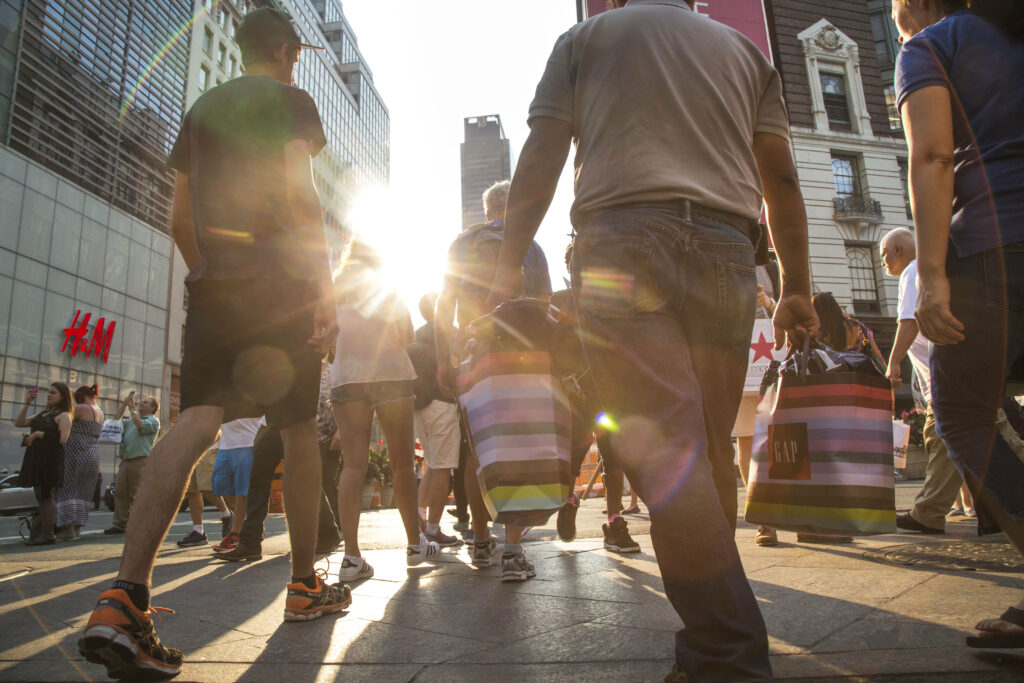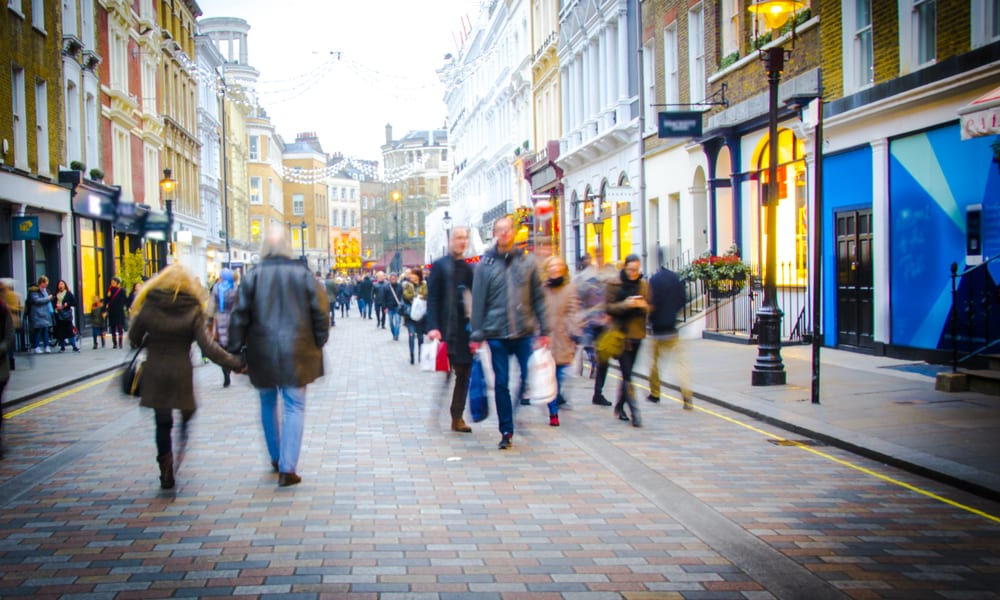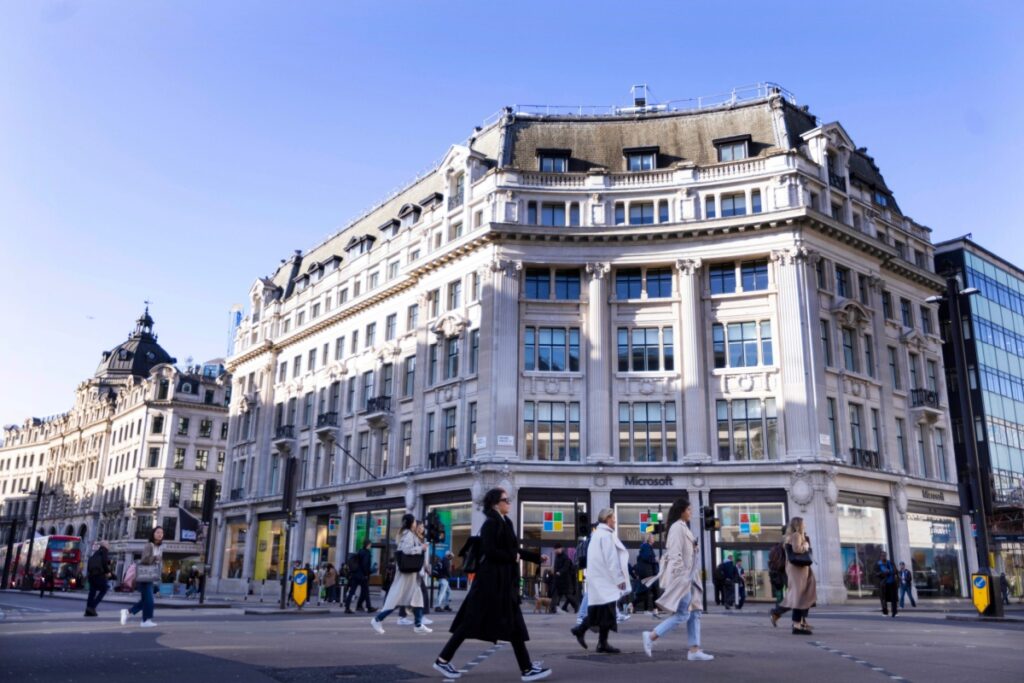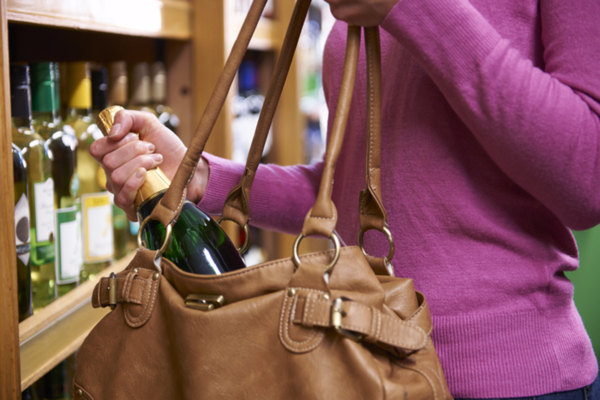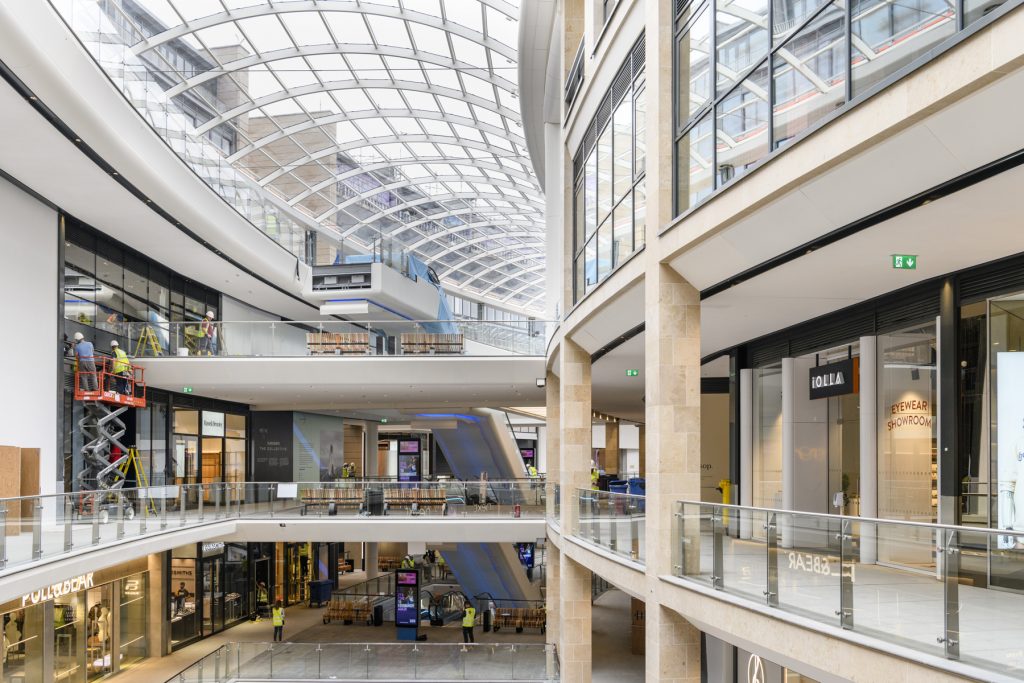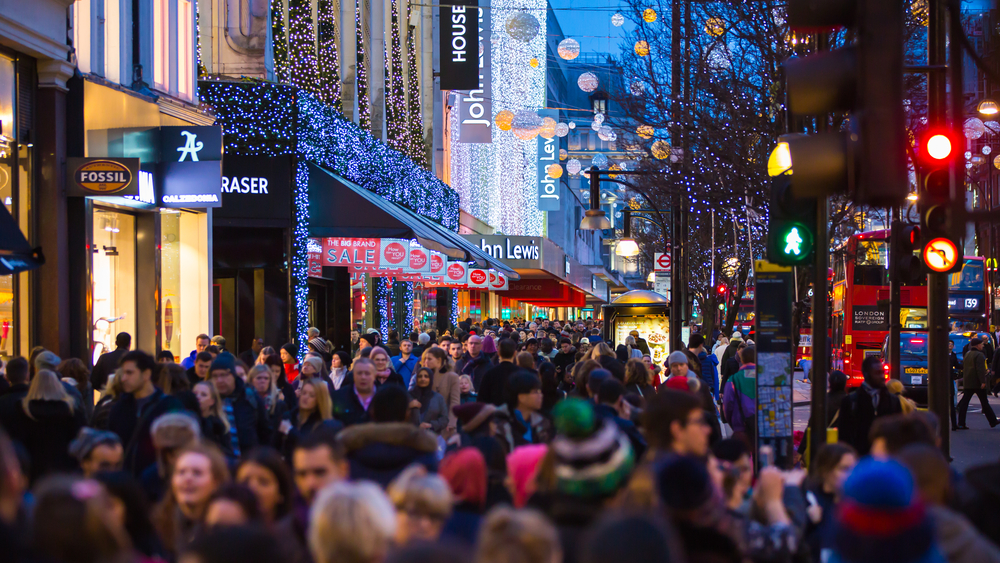// Q1 2021 saw retail health perform better than expected and remain flat – despite a third UK lockdown
// Retail health predicted to grow by 3 points during Q2 as consumers release pent up demand for high street shopping
// Consumers sitting on savings predicted to make up for lost time as they shop for occasions
Pent up demand and savings accrued during lockdown are set to improve the health of retail over the coming months as the UK moves to the next phase of its recovery plan, according to a think tank.
According to the latest Retail Health Index (RHI), issued quarterly by the KPMG/Ipsos Retail Think Tank (RTT), pent up demand from consumers will see the index rise by three points to 71 in the second quarter of this year.
The RTT said this was a considerable improvement from its nadir of 61 points for the same quarter last year, when the whole country was enduring its first full-scale lockdown.
READ MORE:
- April retail sales hit record highs amid reopening euphoria
- April footfall almost a third below pre-pandemic levels despite reopenings
- Retail Think Tank upbeat about sector’s health in second half 2021
The main driver of the improved RHI – which the RTT describes as a quantitative and qualitative assessment of retail demand, margin and costs – is predicted to be demand over the next quarter.
This is a result of a shift in spending patterns, with consumers choosing to spend on fashion and clothing as they shop for occasions and get back to socialising amid the phased relaxation of Covid-19 restrictions coupled with the vaccine rollout.
The RTT expected a shift in spend would see spending in favour of the hospitality sector and a gradual move away from spending on in-home grocery consumption, DIY, technology and household items, which sustained retailers during the lockdown for much of the first quarter of the year.
The RTT said that overall, it would be a strong quarter for non-food retailers and given the timings of the re-opening milestones, it would take time for food sales to lose momentum.
“As the country slowly re-opens, consumers are eager to break free from home and get back into stores, and pent up demand will drive a much-needed sales boost for high street retailers,” KPMG head of UK retail Paul Martin said.
“In addition, particularly for fashion and beauty products as consumers wait for hospitality venues to fully re-open, there is an estimated £140 billion of savings which could be used as consumers’ moods shift to spend mode.
“We are expecting much of the shift in spend to gradually move away from the supermarkets and technology retailers who benefited from high demand for food, computers and home entertainment as the country was locked down through winter.
“Retailers face an interesting few months as they assess the level at which online shopping falls back, in favour of people hitting the stores.
“We expect ecommerce levels will soften over the next quarter, which could help retailers with their high fulfilment costs.
“There are a few black clouds on the horizon however, as interest and some repayments on Coronavirus Business Interruption Loan Scheme (CBILS) and Bounce Back loans given to support retailers at the beginning of the pandemic will need to start being paid from April alongside deferred rental payments.”
The optimism for the second quarter comes as the RTT determined that the retail sector performed better than expected in the first three months of the year despite the impact of a third lockdown, thanks to strong online spending.
The RHI put retail health as flat at 68 points in the first quarter of 2021 despite non-essential retailers being closed for three months.
The unexpected strength of retail sales in the first three months of the year was driven in the most part by consumers spending on groceries and hard line categories such as technology, furniture and homeware as people stayed home over the winter months.
The lockdown also diverted considerable consumer spend from travel, hospitality and entertainment into retail.
“The start of the year was very soft, but sales growth had picked up by March leaving the retail sector on an improving trajectory by the end of the first quarter with significantly more spent by consumers than forecast. People have responded well to the lot they have been given,” Ipsos head of analytics Dr Tim Denison said.
“Margins remained under pressure in the quarter thanks to some sales mix dilution to lower margin categories, some degree of clearance to provide warehouse space for new season goods and rising return rates.
“Despite this, there was no return to unnecessary give-aways in food, nor sweeping ‘fire’ sales in slow-moving categories such as fashion.”
He added: “As we look ahead to the rest of the year, market conditions offer scope to spark a big surge in consumer spending.
“The full reopening of the hospitality sector will likely see a dilution in retail spend in favour of leisure, entertainment and hospitality as well as inclination to save over excessive spend.
“With a lot of government support measures remaining in place until September, the economy should be in much better health and more ready to cope without these lifelines by then.”
Click here to sign up to Retail Gazette‘s free daily email newsletter

